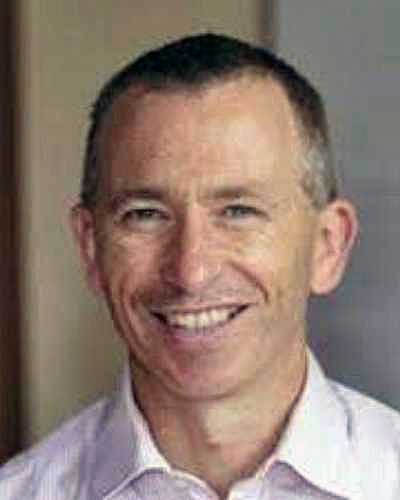Abstract
Introduction (including aim): There is a lack of community-based programmes for older adults in Ireland. Such activities are vital to enable older people to (re)connect after COVID-19 measures, which had a detrimental effect on physical function, mental health and socialisation. The aims of the preliminary phases of the Music and Movement for Health study were to refine stakeholder informed eligibility criteria, recruitment pathways and obtain preliminary measures for feasibility of the study design and programme, which incorporates research evidence, practice expertise and participant involvement.
Methods: Two Transparent Expert Consultations (TECs) (EHSREC No: 2021_09_12_EHS), and Patient and Public Involvement (PPI) meetings were conducted to refine eligibility criteria and recruitment pathways. Participants from three geographical regions in the mid-west of Ireland will be recruited and randomised by cluster to participate in either a 12-week Music and Movement for Health programme or control. We will assess the feasibility and success of these recruitment strategies by reporting recruitment rates, retention rates and participation in the programme.
Results: Both the TECs and PPIs provided stakeholder-informed specification on inclusion/ exclusion criteria and recruitment pathways. This feedback was vital in strengthening our community-based approach as well as effecting change at the local level. The success of these strategies from phase 1 (March–June) are pending.
Discussion: Through engaging with relevant stakeholders, this research aims to strengthen community systems by embedding feasible, enjoyable, sustainable and cost-effective programmes for older adults to support community connection and enhance health and wellbeing. This will, in turn, reduce demands on the healthcare system.
Note: We would like to thank and acknowledge those who participated in the PPIs for their time and invaluable feedback.
You might also be interested in:
2022 - Self-reported chronic back pain in the elderly living in rural riverine areas in the Amazon


